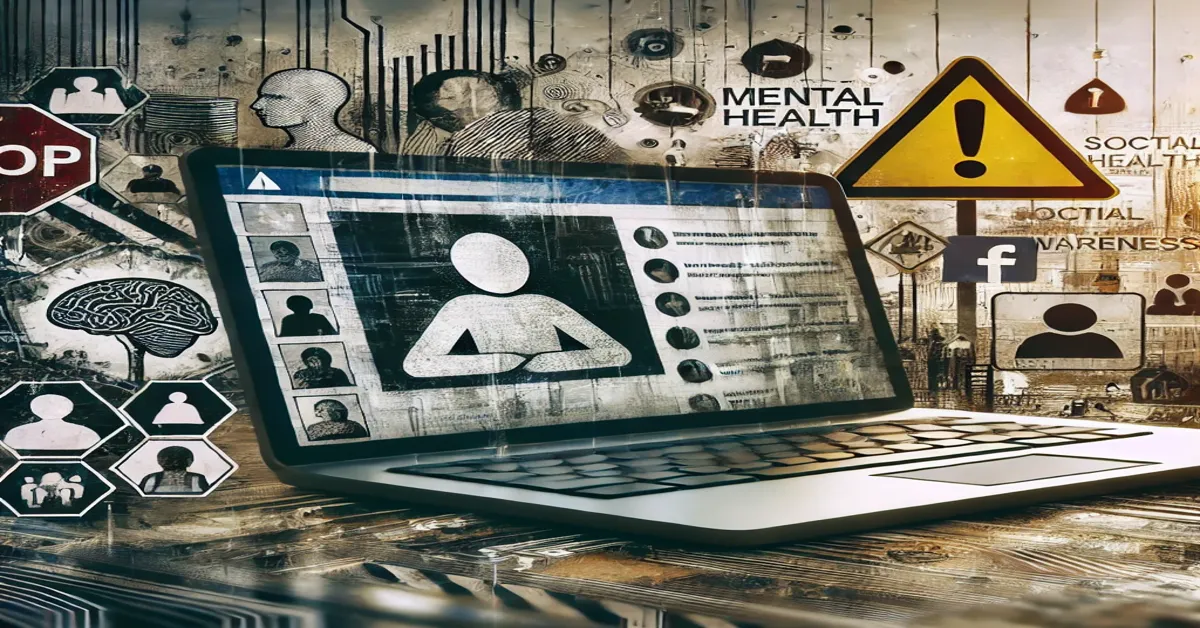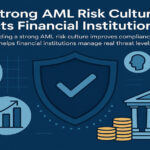In the digital age communities form online to provide support, advice and understanding for countless issues and interests. One such platform MyProAna gained recognition for addressing a deeply sensitive subject eating disorders. Initially designed as a supportive community for individuals struggling with anorexia and other eating disorders, MyProAna aimed to be a safe space where users could share experiences and find solace.
However, as time passed, the platform faced significant scrutiny and controversy. Critics accused it of enabling harmful behaviors rather than fostering recovery, raising critical questions about its role and impact. This article explores the origins, intentions, controversies, and broader implications of MyProAna, while addressing the complexities of online communities centered around mental health and eating disorders.
Understanding MyProAna
What is MyProAna?
MyProAna is an online platform originally created to support individuals dealing with eating disorders, such as anorexia nervosa and bulimia. The platform provided forums where users could discuss their struggles, seek advice, and connect with others facing similar challenges. The goal was to offer understanding and a sense of belonging to those who felt isolated.
A Safe Space for Sharing?
In its early days, MyProAna was seen as a beacon of support for many. It allowed users to express emotions, fears, and experiences they might have hesitated to share in their offline lives. This community aspect fostered connections among individuals who often felt misunderstood or stigmatized by society.
The Shift from Support to Controversy
Despite its good intentions, MyProAna quickly became the subject of criticism for allegedly promoting eating disorders rather than supporting recovery.
Accusations of Glorifying Eating Disorders
Critics argued that the platform shifted from being a support network to fostering harmful behaviors. Terms like “pro-ana” (pro-anorexia) and “pro-mia” (pro-bulimia) began to surface, suggesting that some users treated these conditions as lifestyle choices rather than severe mental health issues.
- Thinspiration Content: Some forums featured images and posts glorifying extreme thinness, dubbed “thinspiration.” These posts often encouraged unhealthy comparisons and unrealistic body standards.
- Tips and Tricks: Certain threads reportedly shared methods for restricting calorie intake, concealing eating habits, or engaging in other dangerous behaviors.
Ethical and Medical Concerns
Healthcare professionals and advocates for eating disorder recovery raised alarms about MyProAna’s impact. They emphasized that the platform could perpetuate cycles of self-harm, hinder recovery efforts, and trivialize the serious nature of eating disorders.
The Complexity of Online Communities
Dual Role of Support and Harm
Online platforms like MyProAna highlight the dual-edged nature of digital communities. While they can provide vital connections and support, they also risk amplifying unhealthy behaviors or misinformation.
- Positive Aspect: For some users, MyProAna offered a lifeline. It connected individuals who otherwise felt isolated and provided a forum to discuss emotions they struggled to articulate.
- Negative Aspect: Without proper moderation, these spaces risk becoming echo chambers that validate harmful behaviors rather than challenging them.
Responsibility of Platforms
The controversies surrounding MyProAna underscore the need for accountability and ethical responsibility in managing such communities. Striking a balance between free expression and harm reduction is a challenge that requires thoughtful moderation and intervention.
Eating Disorders: A Serious Health Concern
What Are Eating Disorders?
Eating disorders are complex mental health conditions characterized by unhealthy relationships with food, body image, and weight. Common disorders include:
- Anorexia Nervosa: Marked by extreme food restriction, fear of gaining weight, and distorted body image.
- Bulimia Nervosa: Involves cycles of binge eating followed by purging behaviors such as vomiting or excessive exercise.
- Binge Eating Disorder: Characterized by episodes of consuming large quantities of food without compensatory behaviors.
The Dangers of Glorifying Eating Disorders
When platforms like MyProAna inadvertently glamorize eating disorders, they risk trivializing the severe physical and psychological consequences of these conditions, including:
- Nutritional deficiencies and organ damage.
- Increased risk of anxiety, depression, and suicidal ideation.
- Strain on personal relationships and overall quality of life.
The Role of Supportive Online Communities
When Communities Work
Not all online communities addressing eating disorders are harmful. Many platforms emphasize recovery, education, and professional support, providing a positive impact on users.
- Encouraging Recovery: Promoting healthy habits and self-acceptance.
- Sharing Resources: Offering links to therapy, hotlines, and recovery programs.
- Providing Peer Support: Fostering genuine understanding without enabling harmful behaviors.
Examples of Positive Platforms
- NEDA (National Eating Disorders Association): A reputable organization offering resources, forums, and recovery tools.
- Recovery-Oriented Groups: Platforms moderated by mental health professionals to ensure a recovery-focused environment.
Lessons Learned from MyProAna
The Need for Moderation and Guidelines
To prevent online platforms from causing harm, clear guidelines and active moderation are crucial. This includes:
- Prohibiting content that promotes unhealthy behaviors.
- Encouraging posts focused on recovery and self-care.
- Providing resources for professional help and emergency intervention.
Empowering Users to Seek Help
Platforms like MyProAna serve as a reminder of the importance of encouraging users to seek real-world support. Online communities should complement, not replace, professional treatment.
The Future of Online Mental Health Communities
Balancing Support and Safety
As digital spaces continue to play a role in mental health, it’s essential to find a balance between providing support and safeguarding users from harm.
- Leveraging Technology: Using AI tools to identify and flag harmful content.
- Collaborating with Experts: Partnering with mental health professionals to guide community policies.
- Promoting Awareness: Educating users about the risks of untreated eating disorders and the importance of seeking professional care.
Shifting the Narrative
To prevent platforms from becoming enablers of harmful behaviors, the focus must shift toward recovery, empowerment, and education.
Conclusion
MyProAna represents a complex chapter in the world of online mental health communities. While it began as a supportive space for individuals facing eating disorders, its evolution into a controversial platform underscores the challenges of managing sensitive topics online. By learning from its missteps and focusing on recovery and safety, future platforms can create truly supportive environments that empower individuals to heal and thrive.
FAQs
What is MyProAna?
MyProAna is an online platform originally intended to support individuals with eating disorders.
Why is MyProAna controversial?
It has faced criticism for allegedly promoting harmful behaviors associated with eating disorders.
Are there positive online communities for eating disorder recovery?
Yes, platforms like NEDA and moderated recovery groups emphasize support and healing.
What are eating disorders?
Eating disorders are mental health conditions involving unhealthy relationships with food and body image.
How can online communities prevent harm?
By enforcing moderation, promoting recovery-focused content, and providing resources for professional help.
Is MyProAna still active?
The platform exists, but its reputation and role in addressing eating disorders remain topics of debate.







